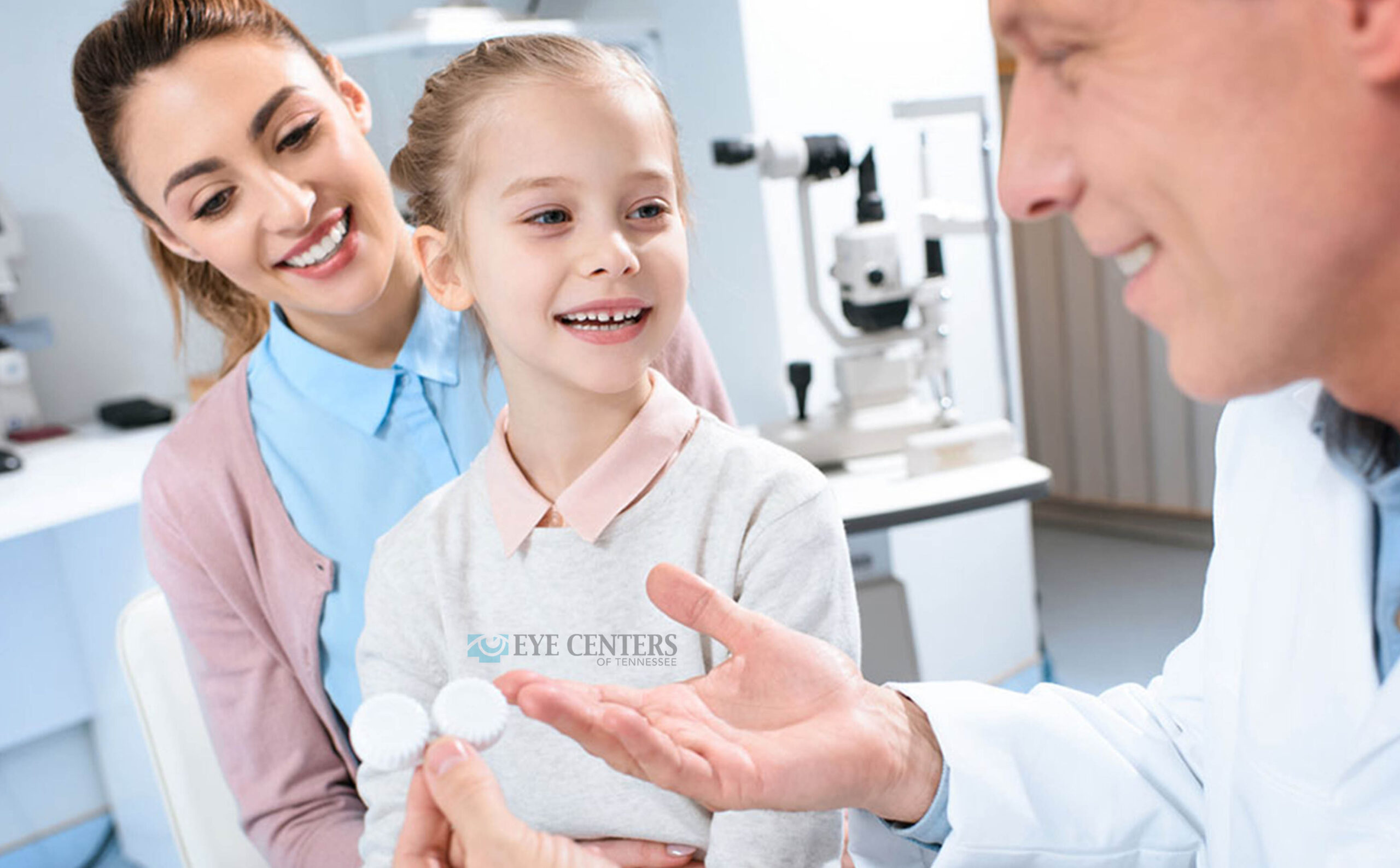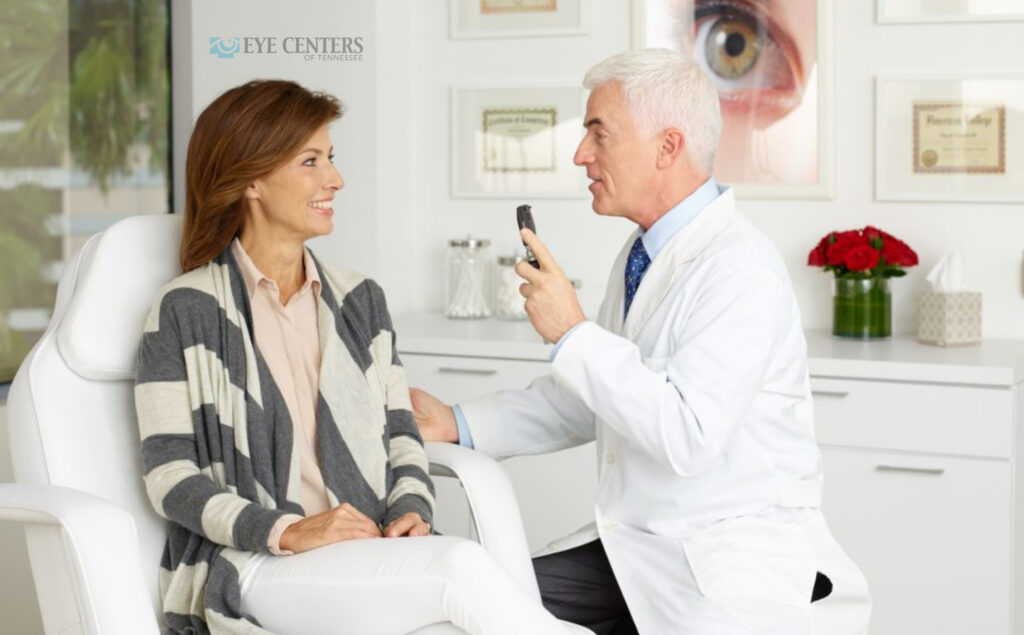
Jun 17, 2021
Regular eye exam vs contact lens exam. What’s the difference?
When you go in for a regular eye exam, your vision care specialist is looking for certain problems, checking for overall clarity and vision sharpness, monitoring eye pressure and hypertension, looking to see if there are any signs of damage or preemptive signs of other diseases or conditions like macular degeneration. They might also check your prescription at this time, and update it if necessary.
During this exam, your doctor will also check pupil response to light, how well your eyes work together, and might dilate your eye. This will allow them to see into the eye and look more closely at the tissue, blood vessels, and internal structures. These exams are important for maintaining overall eye health, checking the progress on any conditions that might be present, and making sure that you have the proper glasses for impaired vision.
Contact lens exams are not the same as a regular comprehensive exam and are instead specialized to check the fit and effectiveness of a given lens for your specific eye. Initially, your eye care professional will measure the surface of your eye, looking specifically at the size and shape. They will also look for any corneal scratches or different shapes that could make contacts ineffective or uncomfortable. This will provide you with a better fitting contact that is less likely to be irritating or fall out.
Another thing that might happen during a contact lens exam is a film evaluation, which makes sure that your eyes produce enough tears for you to wear contacts. If your eyes have low tear output or are dry, certain contacts may be preferable for you to wear.
An eyeglass prescription can be determined during a regular comprehensive exam, but a contact lens exam has to be done additionally. A glasses prescription measures for a lens that sits further away from the eye, while a contact lens sits on the surface. Something that is directly on the eye has the potential to cause damage and must be carefully evaluated. A contact lens is actually technically classified as a medical device!

Based on your eyes, health, age, and other factors, your eye care professional might have a suggestion as to whether disposable or extended wear contacts are a better option for you. Once you have decided on one option, you will get a trial pair to wear for several days to check for sit, comfort, and effectiveness. These trial lenses are included in the cost of the lens exam, as is the follow-up fitting appointment which is required for the finalization of your prescription. If additional trials and appointments are necessary, those are included as well.
At Eye Centers of Tennessee, we want to make sure you are receiving the best care possible, and to help ensure the day-to-day effectiveness of any sight aids as well as the longevity of health for your eyes. By scheduling the necessary exams for yourself or your loved ones, you are investing in both your present and your future. The eyes are the first and most commonly used sense. Allow us to help you make sure you are getting the best out of your eyes every day, and that you can continue to do so into the future.
